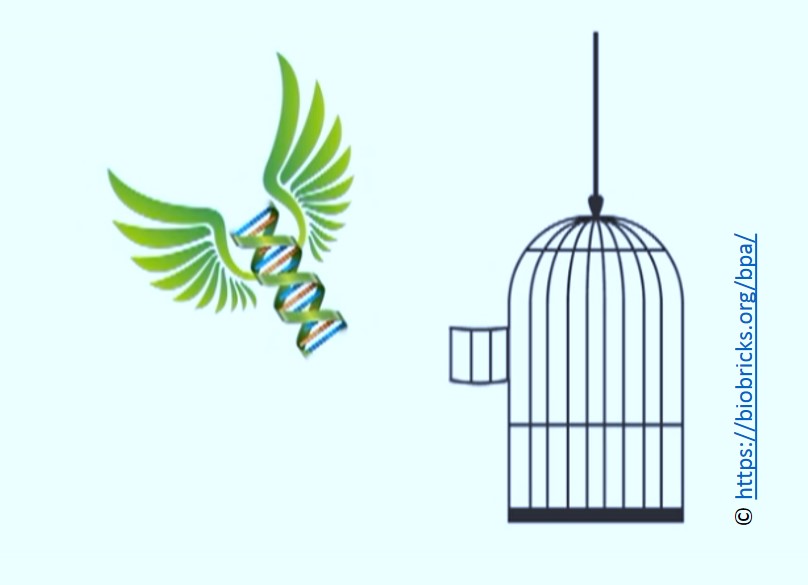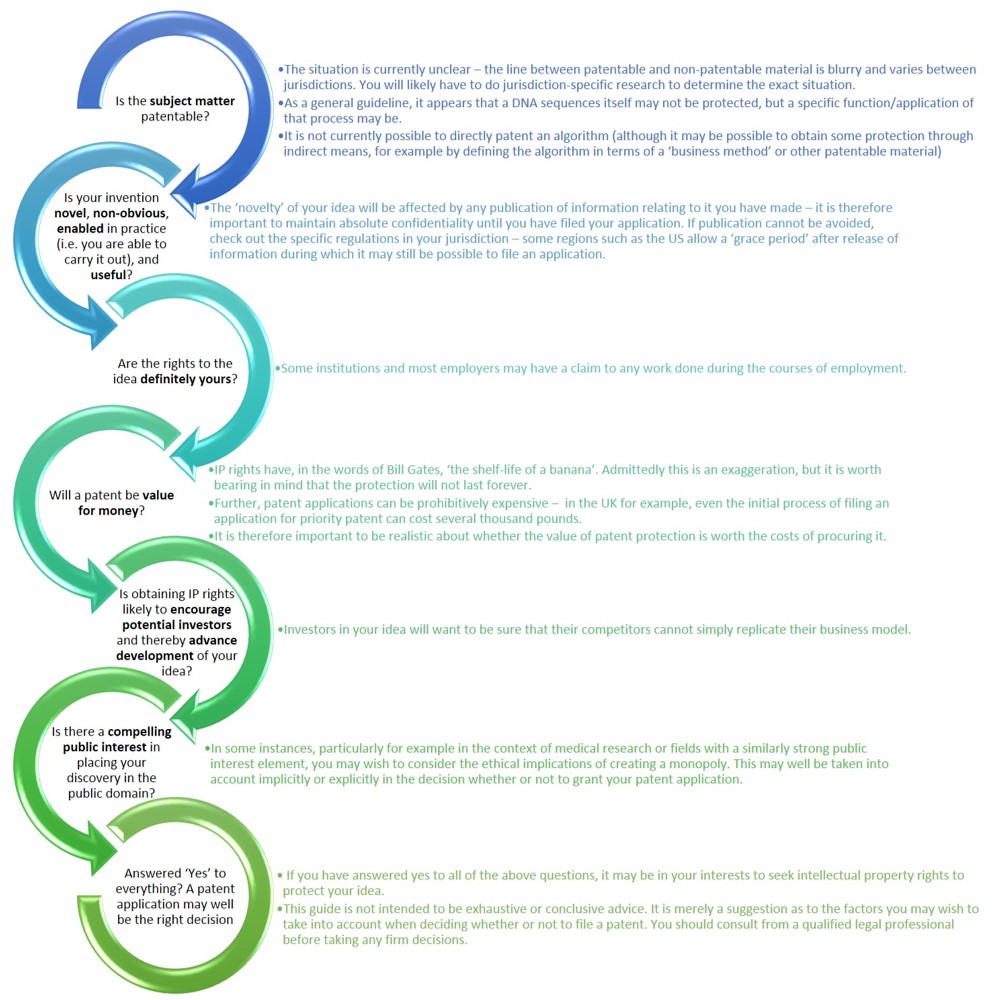Team:Oxford/intellectual property3
From 2014.igem.org
Intellectual Property
"If a true “modern bioeconomy” is to emerge in the years ahead, intellectual property will no doubt play a critical role. Intellectual property rights – the manner in which they are recognised, traded and managed, nationally as well as globally – will influence the form such a bioeconomy takes, where it will flourish and flounder, and to whom the principal benefits will flow..."1
Intellectual Property is an increasingly important and controversial aspect of scientific advance, and synthetic biology is perhaps the paradigmatic area demonstrating the effects of this growing legal influence.
"No good case exists for the inequality of real and intellectual property, because no good case can exist for treating with special disfavor the work of the spirit and the mind." (Mark Helprin)
What is Intellectual Property?
There are four main types of intellectual property - patent, copyright, know-how, and business secret. <p> The table below compares the benefits and possible drawbacks of each...
Should I file a patent application?
Deciding whether to file a patent application can be a tricky decision - below are just some of the factors you might want to take into consideration...
Conflicting Effects of IP Protection
Incentivising Innovation
Early studies based on data from individual countries found that patents positively influenced innovation by 15-25%. 2
Encouraging Openness
Creation of Monopoly
Other research expresses concern that patents on initial discoveries may delay, hamper, and deter innovations building on this patented work. 3
...But the paper warns against the dangers of continuing to analyse IP issues from within the 'innovation versus access' paradigm/dichotomy.
 "
"

